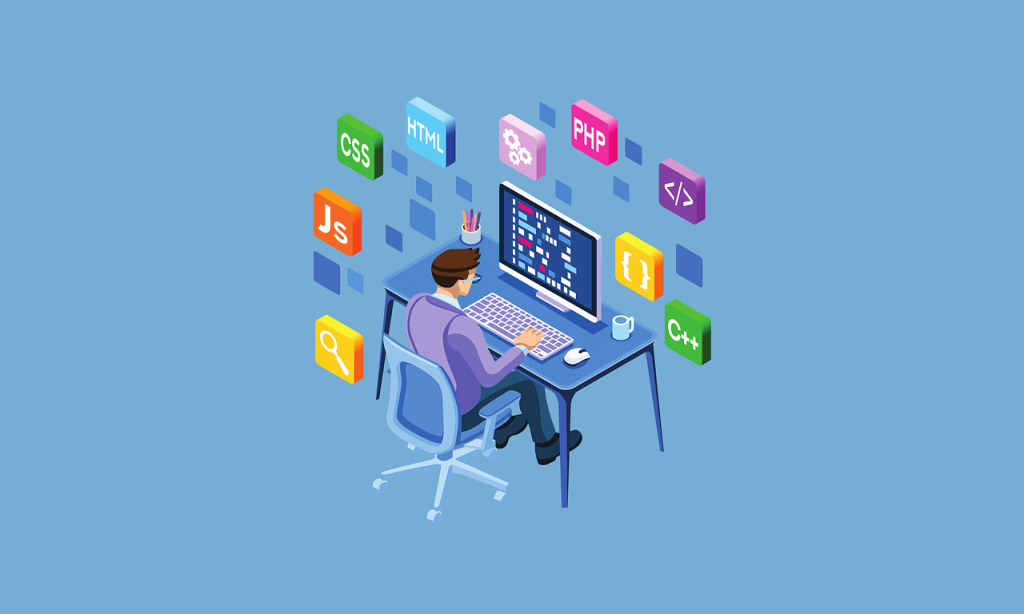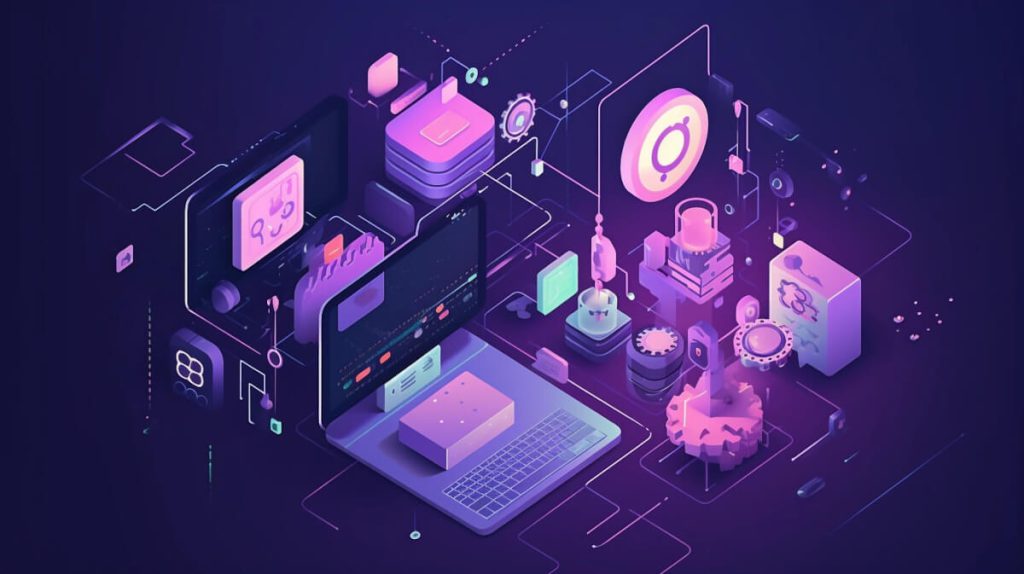with us.


DevOps and Emerging Methodologies in Software Development
Efficiency, adaptability, and quality are crucial aspects for success in the world of software development. DevOps is a methodology that has gained significant relevance in recent years, focusing on close collaboration between development and operations teams to accelerate the software development life cycle.
In addition to DevOps, emerging methodologies also arise, aiming to enhance the way software is developed. This article will explore these types of software development methodologies and delve into the factors to consider for the implementation of both.
What is DevOps?
The term DevOps refers to the set of practices that involve close communication and collaboration among the different components of a development team (Dev) and IT-related operations (Ops). Its goal is to accelerate the software development and deployment, with increased efficiency and quality.
Next, we will delve into the most relevant concepts of DevOps:
Continuous Integration (CI)
CI involves the regular and automatic integration of code changes made by various developers into a shared repository. Each time a modification is made, automated tests are run to verify the quality and functionality of the code. This helps identify and address issues early, improving software stability.
Continuous Delivery (CD)
CD extends from CI and involves the automation of the entire process of deploying, testing, and delivering software to a production environment. The goal is to make any code changes deployable to production safely and quickly, often with just a single click. This reduces the time between development and the availability of software for end-users
Automation and Collaboration in Software Development
The following explains and elaborates on the processes of automation and collaboration during software development:
Automation
Automation is fundamental in DevOps. It refers to the programming of repetitive tasks, such as testing, builds, and deployments, to be performed automatically in response to events or code changes. Automation ensures consistency, reduces human errors, and speeds up the development and delivery process.
Colaborations
DevOps promotes close collaboration between development and operations teams. Developers and operators work together to understand the software’s needs and operational constraints. Smooth communication and shared responsibilities enhance the efficiency and quality of the software.
What do emerging methodologies consist of?
Emerging methodologies refer to different methods that arise and gradually shift from being alternatives to becoming more relevant and current. The main emerging methodologies today are as follows:
Lean Software Development
This is a methodology based on the principles explained in Lean manufacturing. It focuses on discarding anything non-usable from the development process and creating value for the customer.
Some of its principles include continuous delivery, workflow optimization, and continuous improvement. The goal is to achieve efficiency and quality in software development
Design Thinking
This is a methodology that seeks to understand user needs in order to achieve user happiness, applying techniques to address complex problems with innovative solutions. Concepts such as collaboration, experimentation, and empathy are explored.
Lean Startup
Lean Startup focuses on creating companies and products more efficiently and effectively. It advocates for building a minimum viable product (MVP) to gather early feedback from users and validate market hypotheses before investing significant resources. Its goal is to reduce risk and waste when starting new businesses or developing products.
Agile Scaling (e.g., SAFe, LeSS)
These methodologies are used when applying agile principles in large organizations with distributed teams. SAFe (Scaled Agile Framework) and LeSS (Large Scale Scrum) are examples.
They provide structures and guidelines for coordinating and scaling agile teams in complex projects. They enable greater collaboration, more frequent deliveries, and increased adaptability on a large scale.
[starbox id='1']
Conoce más novedades

Desarrollo de Aplicaciones Móviles: ¿Qué es y cómo llevarlo a…
Aprende qué es el desarrollo de aplicaciones móviles, sus metodologías…

¿Qué son y para qué sirven las pruebas de Software?
Descubre qué son las pruebas de software y su importancia…

SaaS: Business Transformation with Cloud Software
Cotizar ¿Qué es SaaS y cuáles son sus beneficios para…







Leave a Reply